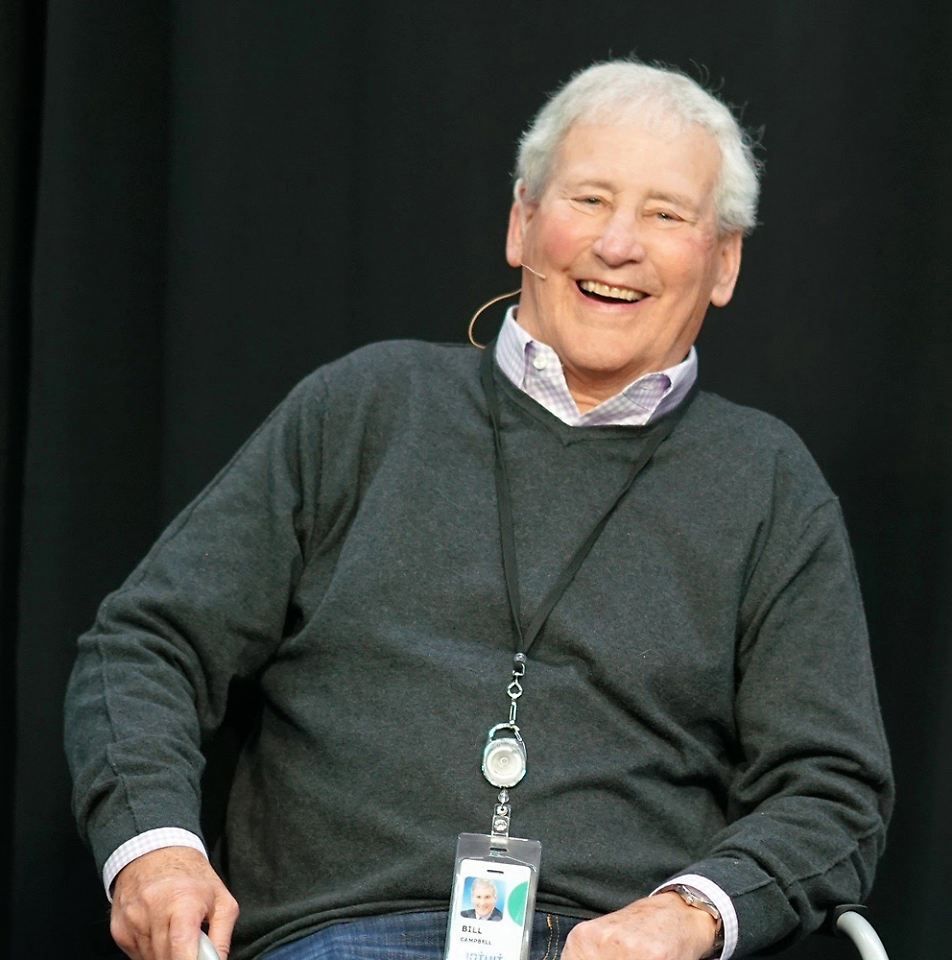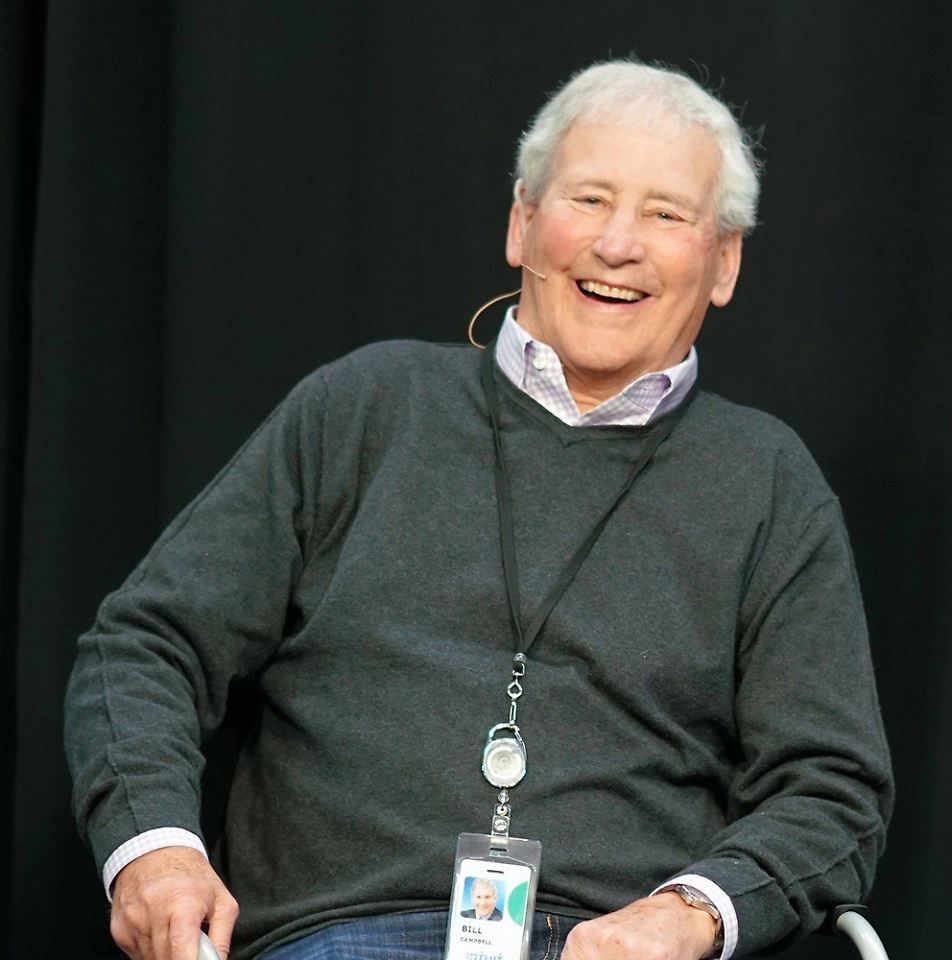Trillion Dollar Coach by Eric Schmidt, Jonathan Rosenberg, Alan Eagle
The leadership book about top Silicon Valley coach Bill Campbell {Interview}


Leadership
Upcoming Learning
Who's Up Next?We're continually sourcing the world's greatest minds for your business success, so subscribe today for event updates, business ideas, leadership tips and tools for growth.
Related Articles


